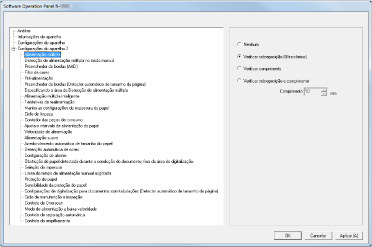



Next to chemotherapy and targeted therapies, immunotherapy is one promising approach to treat cancer 1. In conclusion, therapeutically administered arenavirus replicates in cancer cells and induces tumour regression by enhancing local immune responses.Įffective treatment of advanced tumours remains a major challenge because of limited availability of tumour-specific agents and development of drug resistance. In comparison with other clinically evaluated oncolytic viruses and to PD-1 blockade, LCMV treatment shows promising antitumoural benefits. Mechanistically, LCMV induces antitumour immunity, which depends on the recruitment of interferon-producing Ly6C + monocytes and additionally enhances tumour-specific CD8 + T cells. Viral replication leads to prolonged local immune activation, rapid regression of localized and metastatic cancers, and long-term disease control. Here we show that the arenaviruses lymphocytic choriomeningitis virus (LCMV) and the clinically used Junin virus vaccine (Candid#1) preferentially replicate in tumour cells in a variety of murine and human cancer models. New therapeutic approaches that induce a strong and prolonged immune activation would represent a major immunotherapeutic advance. Immune-mediated effector molecules can limit cancer growth, but lack of sustained immune activation in the tumour microenvironment restricts antitumour immunity.


 0 kommentar(er)
0 kommentar(er)
